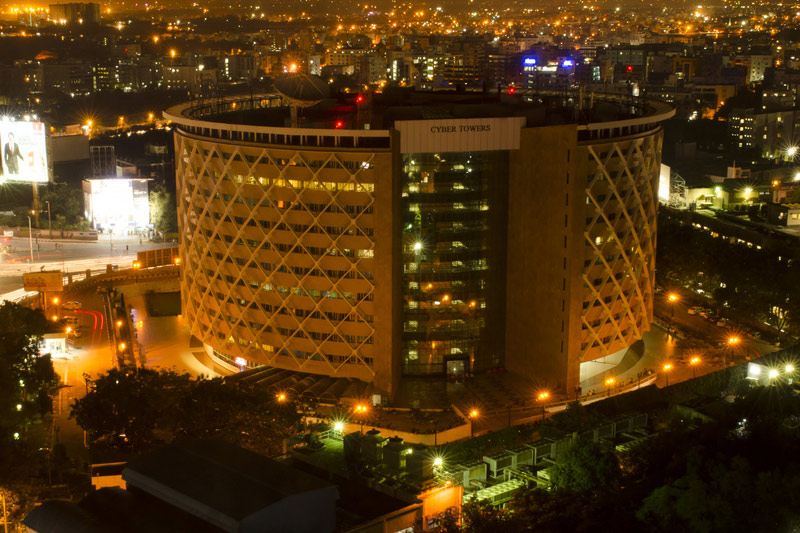* Indians awaiting U.S. work visas ponder next move
* Trump policies raise fears about future complications
* Some Indian IT companies reducing visa applications
* Immigration lawyers see spike in inquiries
By Sankalp Phartiyal and Rahul Bhatia
MUMBAI, April 21 (Reuters) - For Grishma, an Indian software designer, President Donald Trump's review of the visa programme for bringing highly skilled workers into the United States comes at a bad time.
Fresh from gaining a master's degree in Europe, and with an offer of employment from a well-known U.S. design firm, she was well on her way to fulfilling the ambition of many young Indian IT workers - a dream job in America.
But as she waits in the H-1B visa queue for the green light, she is caught in a bind.
"It's a weird time to be applying, with all the scrutiny," said Grishma, who gave only her first name for fear of jeopardising her chances of getting a visa.
The United States has already suspended the "expedited processing option" for applicants, under which she may have received a visa in weeks. broadly, uncertainty over the review announced this week has unsettled Grishma and many others like her. will have to wait until at least around August to learn her fate, but having accepted the U.S. job offer she is not in a position to apply for positions elsewhere, including in Europe.
"It's pretty debilitating," Grishma told Reuters. "I'd like to start work to mitigate the financial damage."
Trump's decision was not a huge surprise, given his election campaign pledge to put American jobs first.
But the executive order he signed, though vague in many areas, has prompted thousands of foreign workers already in the United States or applying for visas to work there to re-think their plans. Companies who send them also face huge uncertainty.
The concerns are particularly acute in India, where IT firms like Tata Consultancy Services TCS.NS , Infosys Ltd INFY.NS and Wipro Ltd WIPR.NS are top beneficiaries of the H-1B visa programme, using it to send computer engineers to service clients in the United States, their largest overseas market.
COMPANIES AND STAFF REALIGN
Experts say Trump's order to review visa processes is aimed at firms like TCS, Infosys and Wipro, which from 2005-14 snagged around 86,000 H-1B visas, roughly equivalent to the number of H-1B visas the United States issues in total each year.
Two industry sources said Infosys, India's No. 2 information technology (IT) services company, is applying for just under 1,000 H-1B visas this year, which one of the sources said was down from 6,500 applications in 2016 and some 9,000 in 2015.
It was not clear whether the sharp reduction in 2017 was in direct response to Trump's presidency, although the company has said for some time it wanted to cut dependence on "fly-in" staff.
TCS, Infosys and Wipro said they would not share data on the number of H-1B visas they had applied for this year.
With fewer visas going to Infosys, more might become available for smaller IT companies and big U.S. tech companies, like Facebook FB.O and Microsoft Corp MSFT.O , that typically send in fewer H-1B applications each year.
U.S.-based immigration lawyer Murali Bashyam, managing partner of Bashyam Spiro LLP which advises and works with small to mid-sized Indian IT firms, said clients had been in contact seeking clarity, while the number of visa applicants had fallen.
"I think the reason for that is they get the sense that it's going to get so much tougher to comply with all of the changes ... that it might not be worth their money," he said.
"There is a fear that radical immigration changes are coming, and if those radical immigration changes come then it could completely change the way IT staffing companies do business."
Bashyam said the number of people on H-1B visas already working in the United States who were considering returning to their home country had risen.
An engineer working at Cisco, who has been in the United States since 2011, said that three months ago he would not have considered returning to India.
But the review of the visa system, and any rule change that revoked the right for his wife to work in the United States on a dependent visa, could force him to change his mind.
"If that happens, then I would definitely be interested in going back to India. Even though I'm secure, I don't want to be in a situation where my wife cannot work," said the engineer, who declined to be named.
"Those who have heavily invested here, who've bought houses, property and are still on visas, are afraid."
"I'M LOOKING EASTWARD"
According to Bashyam, some Indians on H-1B visas were cancelling plans to return home to visit their families in case they had problems getting back into the United States.
"With everything that's going on, travelling outside the U.S. is the biggest fear for a lot of the H-1B workers working in the IT staffing industry," he said.
And the uncertainty is not limited to IT.
Trump's campaign rhetoric around tighter visa rules has led some Indian students considering studying abroad to look beyond the United States, which typically draws in over 100,000 Indian students annually.
One Canadian official said the number of student visa applications for certain courses in Canada had spiked over 250 percent since Trump's election win in November.
Akshay Baliga, a management consultant with a H-1B visa that is valid until 2018, said he was not considering returning to the United States for work any time soon.
"As a professional I'm looking eastward," said Baliga, now based in India but who earlier studied and lived for years in America.
